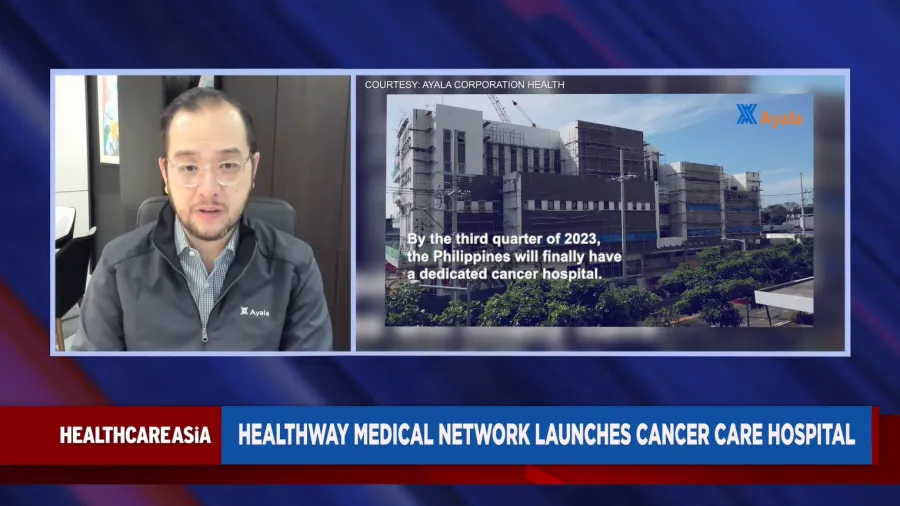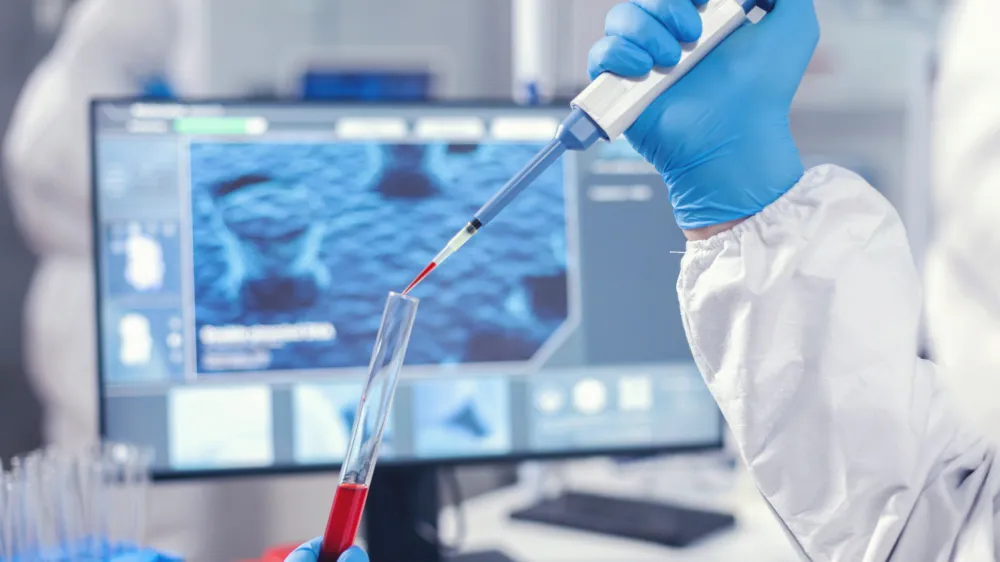
Healthway Cancer Care Hospital is now 75% complete
Dedicated cancer care centre targets Q3 launching.
Now 75% complete, the Healthway Cancer Care Hospital being built in Taguig City, Metro Manila, is on track to opening in the third quarter of the year as the Philippines’ first cancer care specialty centre.
Paolo Borromeo, Ayala Corp. (AC) Health president and CEO, heralded the facility’s full range of equipment and services as a dedicated cancer care centre with a 100-bed capacity.
Borromeo said their mission in establishing the facility, under Healthway Medical Network which was acquired by AC Health, is to lower the cost of cancer care whilst providing more competitive and valuable services.
There are about 100,000 Filipinos diagnosed with cancer and, perhaps, another 100,000 who are undiagnosed because of the prohibitive costs of screening. Now that the National Integrated Cancer Control Act has been passed, Healthway positions itself as a significant part of the campaign to face these challenges.
"Our goal was always to try to provide more affordable cancer care here in the Philippines. Cancer is still a huge financial burden to patients and to families,” Borromeo said.
At the helm of this endeavour is Jimmy Ysmael, president and CEO of Healthway Medical Network—which has an entire portfolio of clinics and hospitals, with Dr. Ramy Roxas, a director of the Philippine College of Surgeons Cancer Commission, as medical director of Healthway Cancer Care Hospital, and Dr. Gary Lorenzo as head of the Medical Advisory Council.
To deliver a full range of services from radiation oncology, to surgery, chemotherapy, and palliative care, Healthway has partnered with Varian, a Siemens Healthineers company and equipment provider, and its subsidiary, Cancer Treatment Services International.
The Healthway Cancer Care Hospital’s contribution to the company’s overall portfolio is a specialty component, where it can harness the strength of AC Health’s whole ecosystem of different healthcare assets, which include screening and detection at its various clinics and hospitals, digital facilitation, and pharmaceutical support.
“For instance, creating cancer screening programs more broadly in their clinics, hospitals, and digital platforms would allow them to screen and refer patients to the cancer hospital as needed,” said Borromeo.
The support of the whole system also allows the soon-to-rise facility to offer easily accessible treatment options for their patients on the pharmaceutical side.
Disclaimer: We corrected Rami Rojas to Ramy Roxas. Apologies for this mistake.



















 Advertise
Advertise




